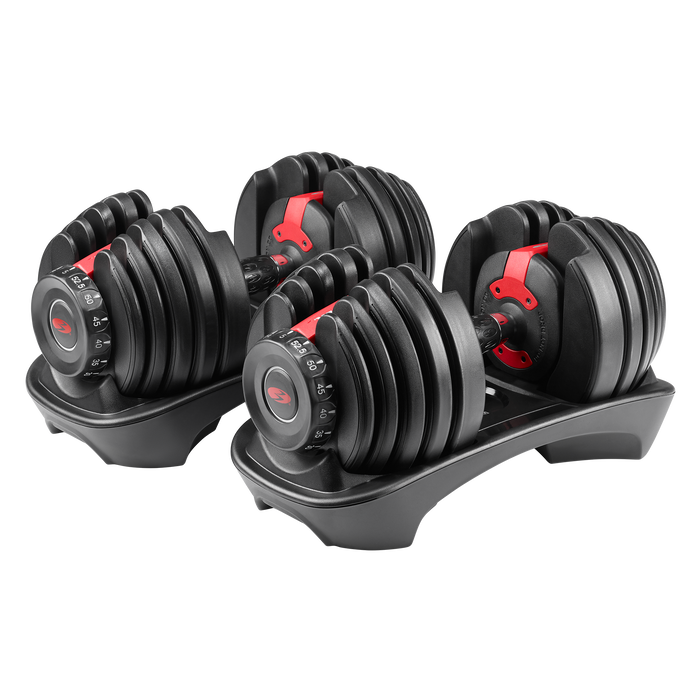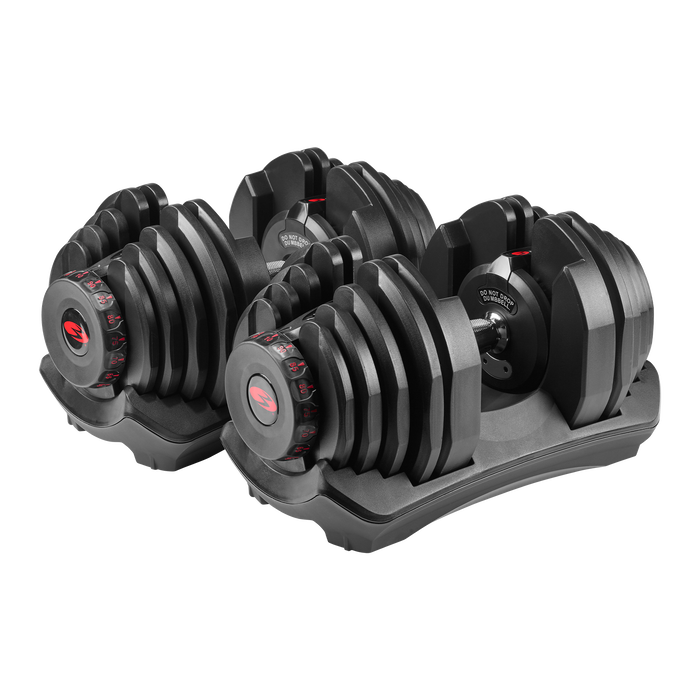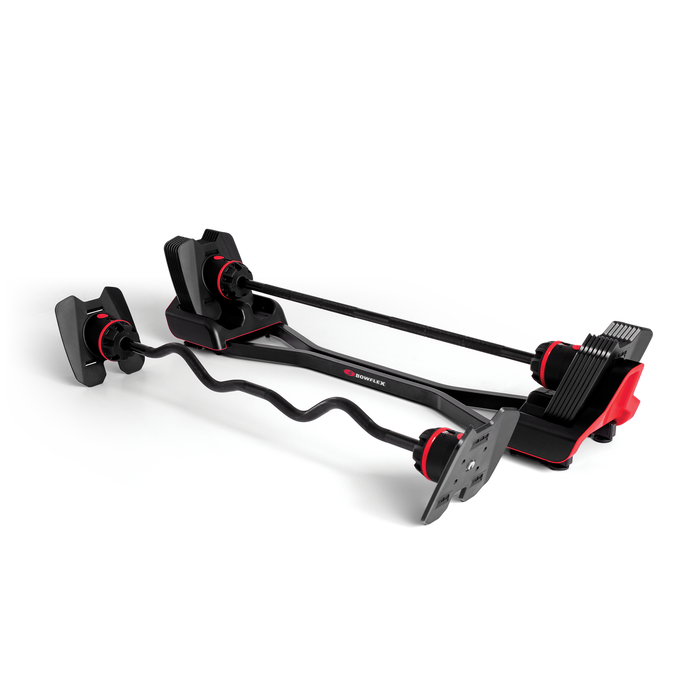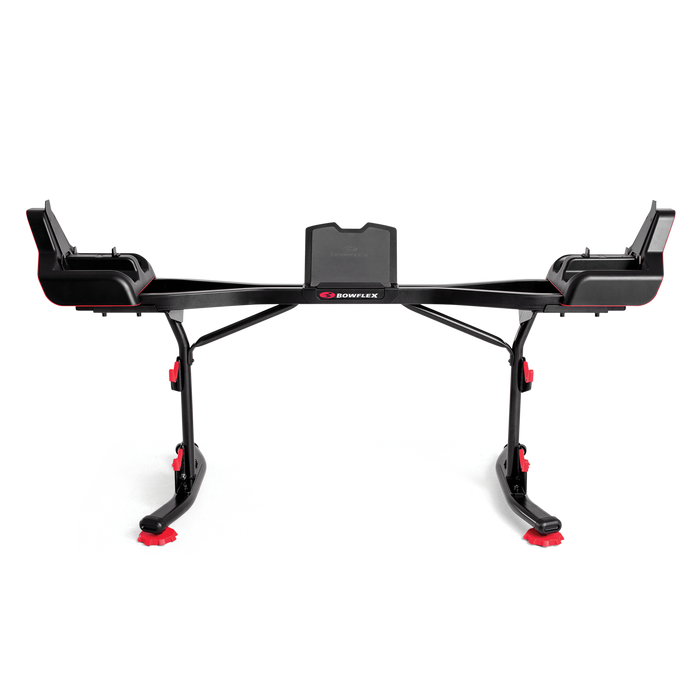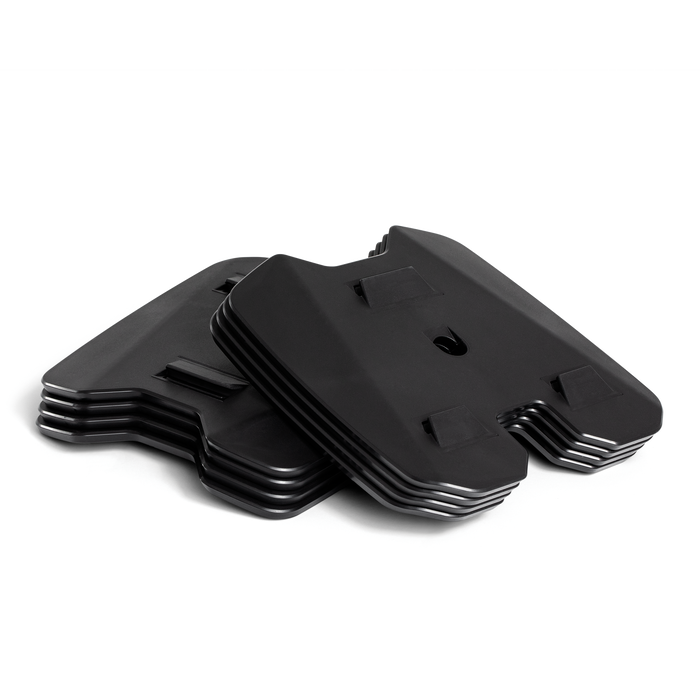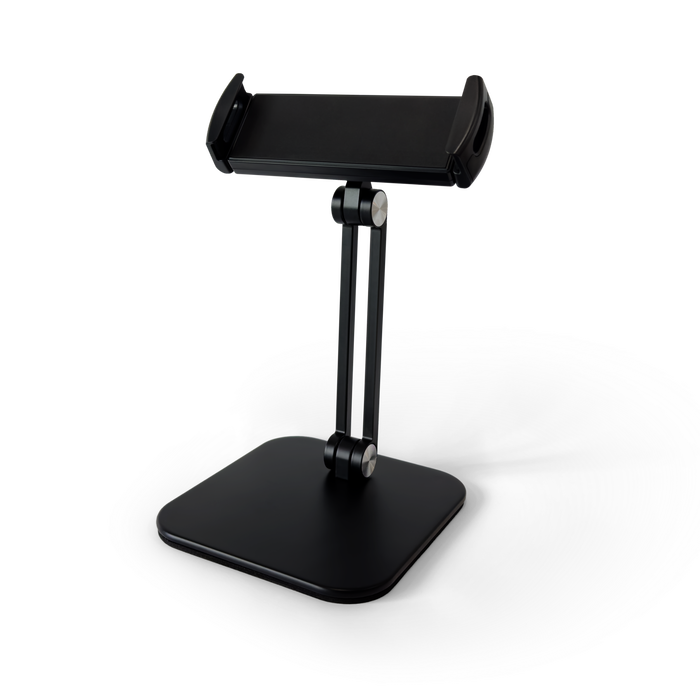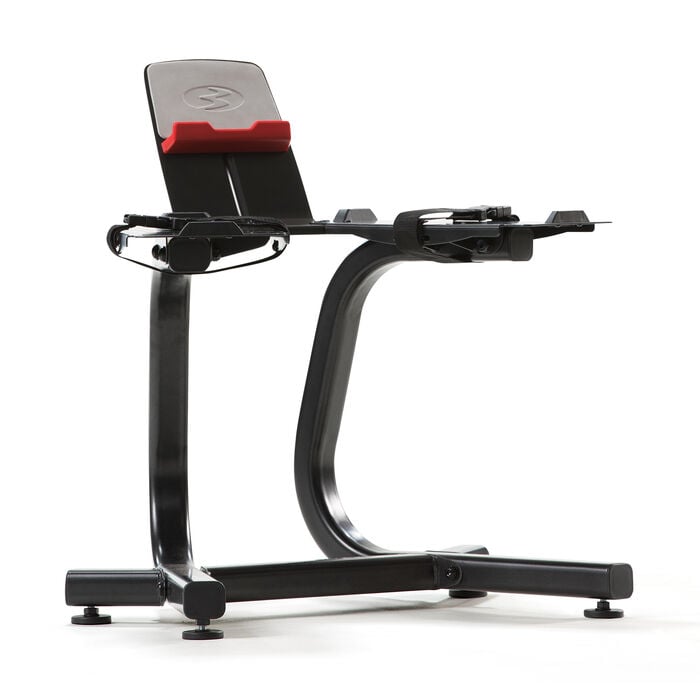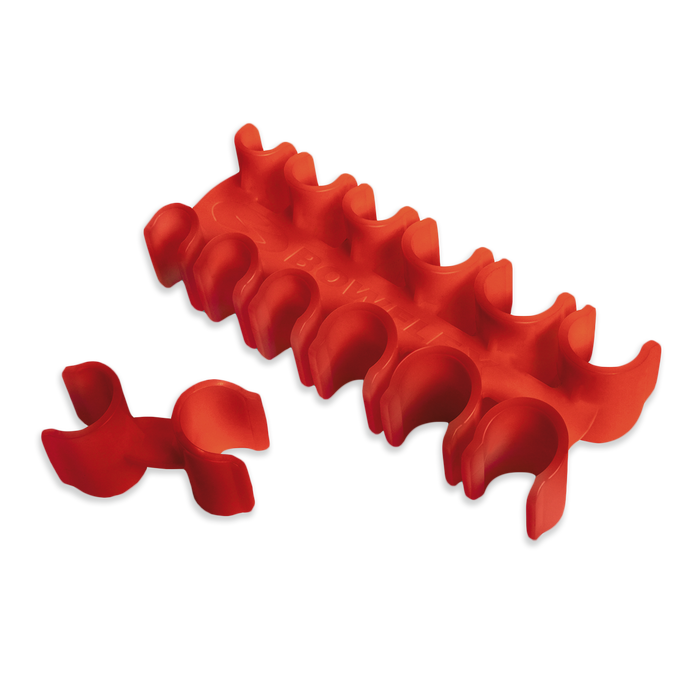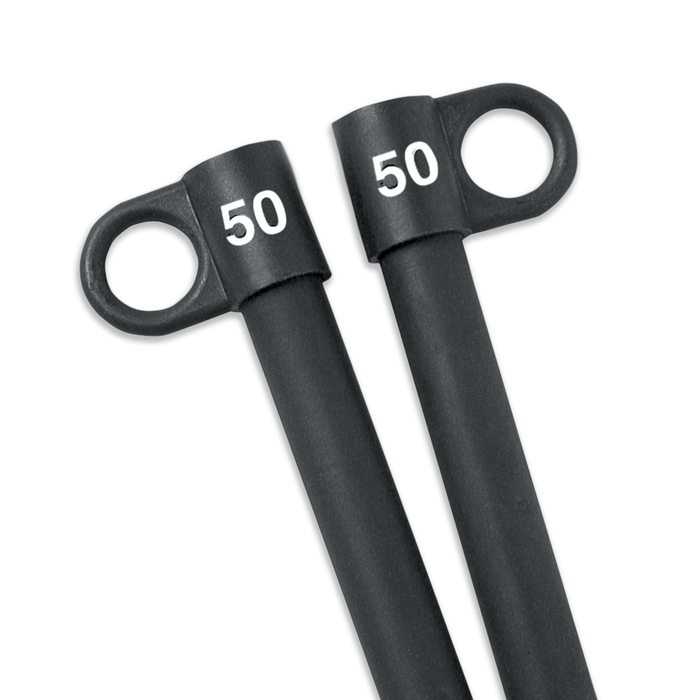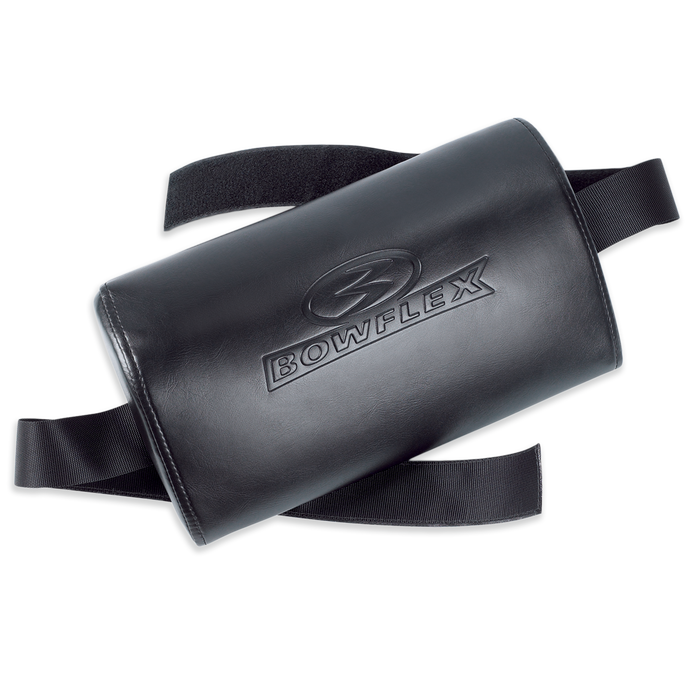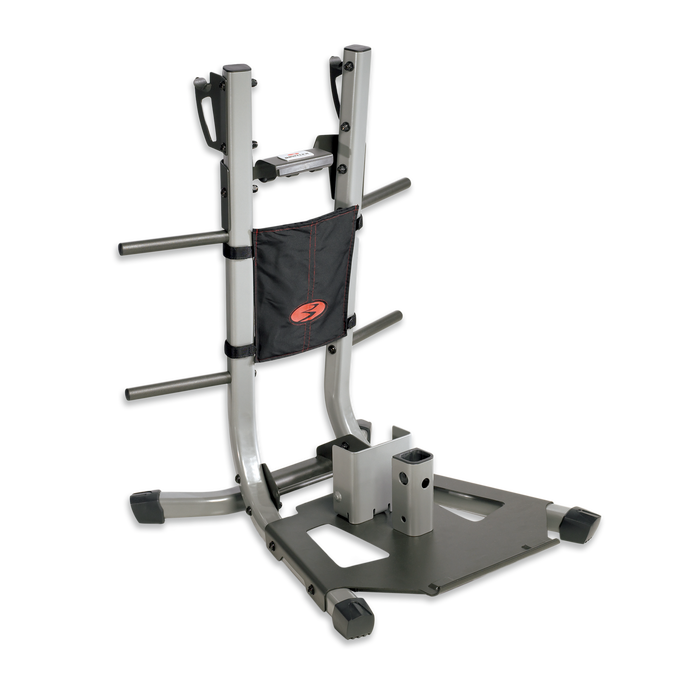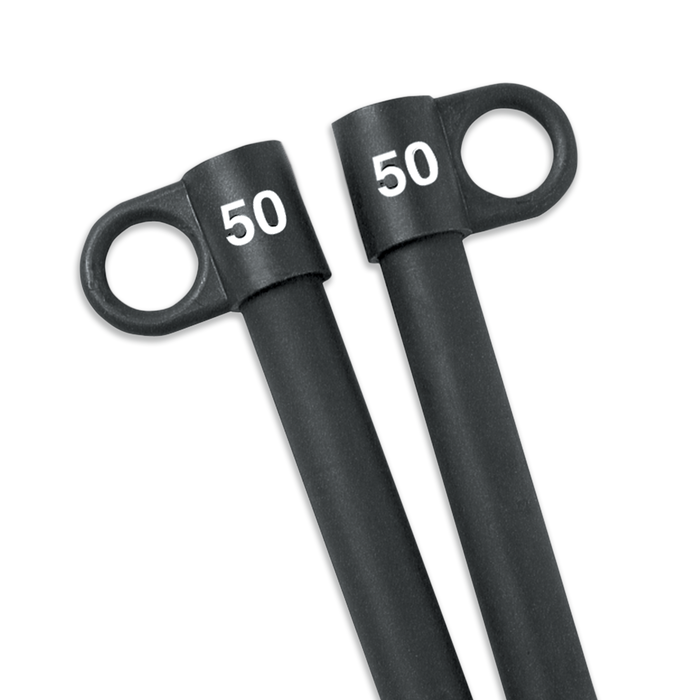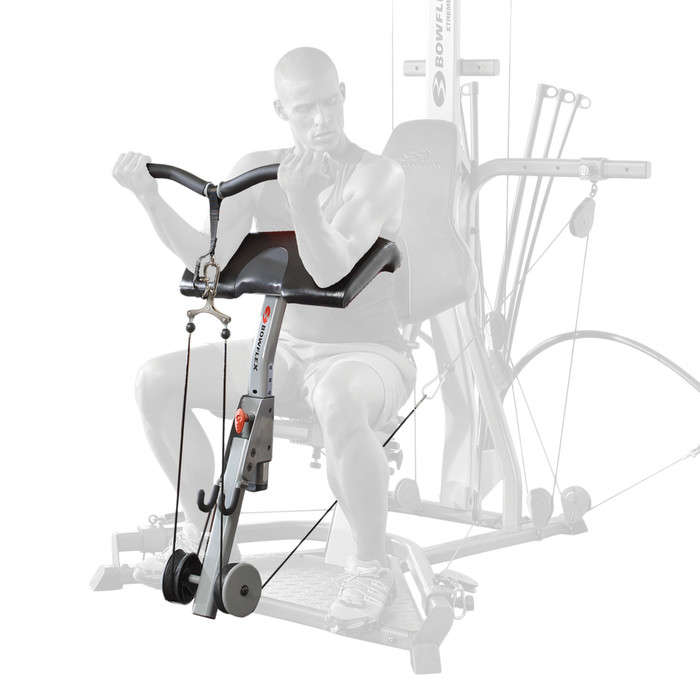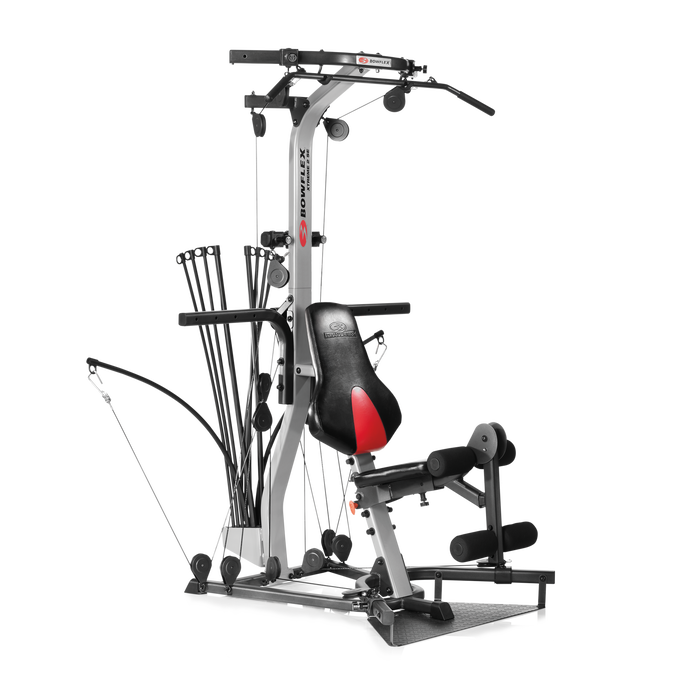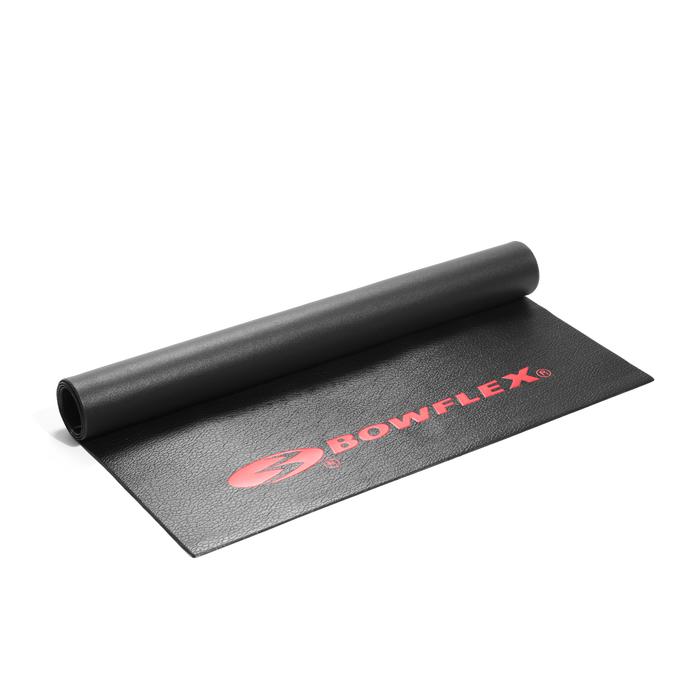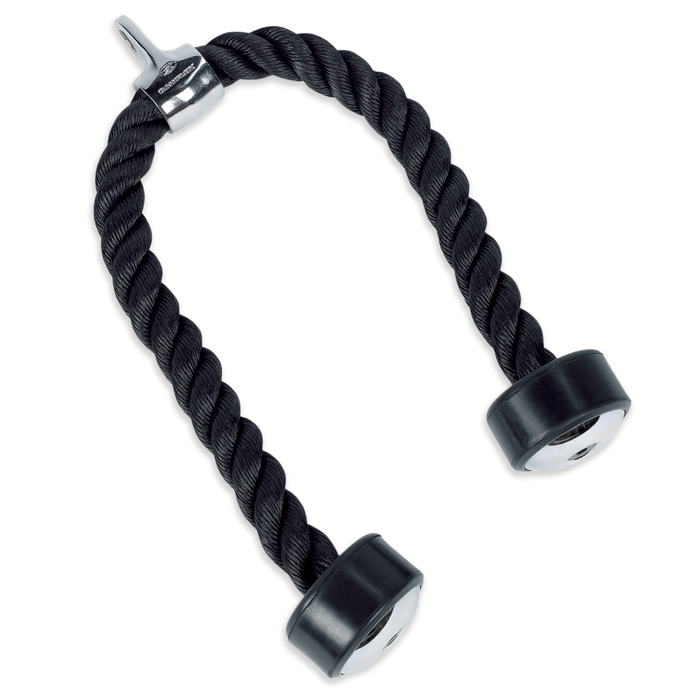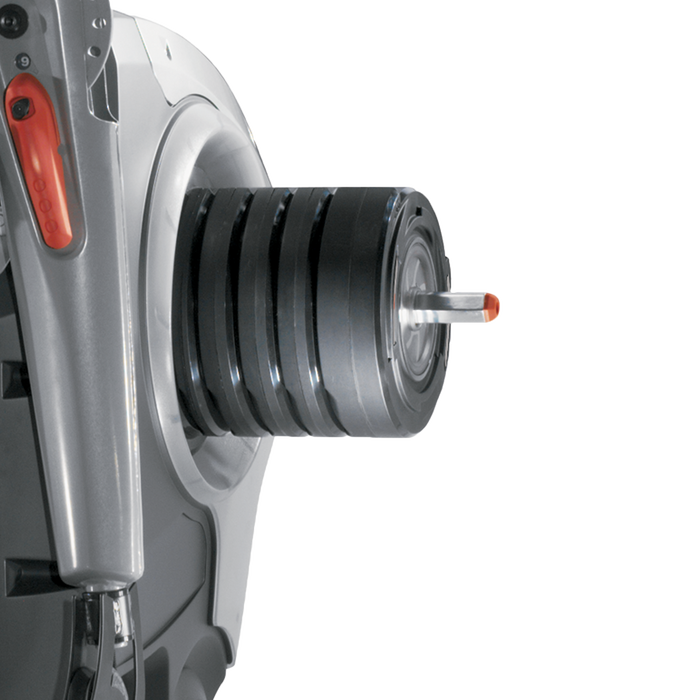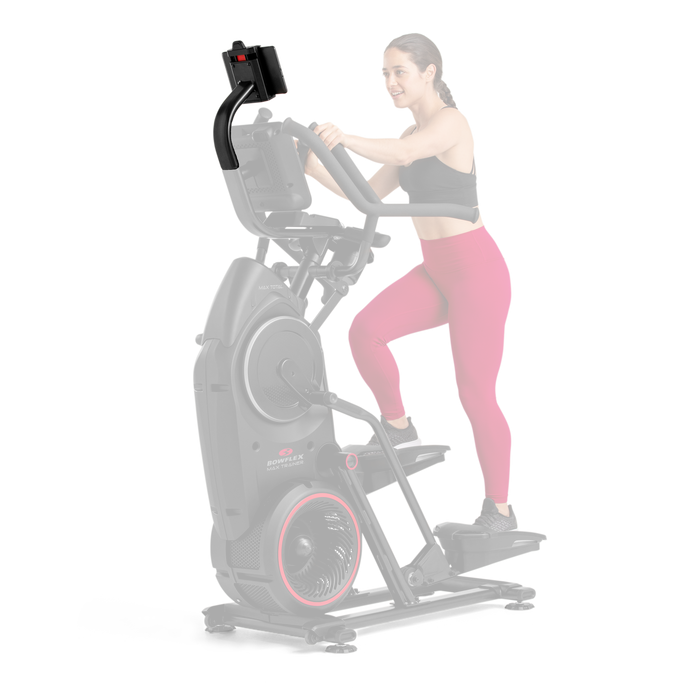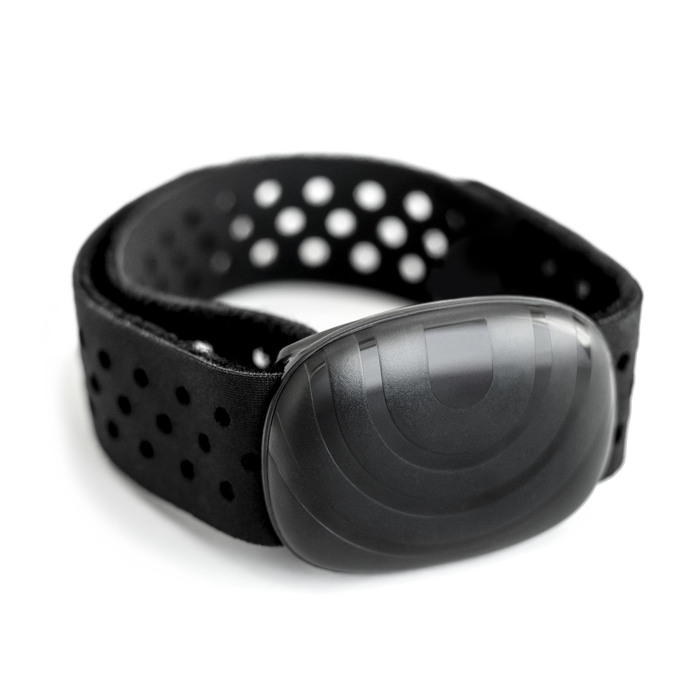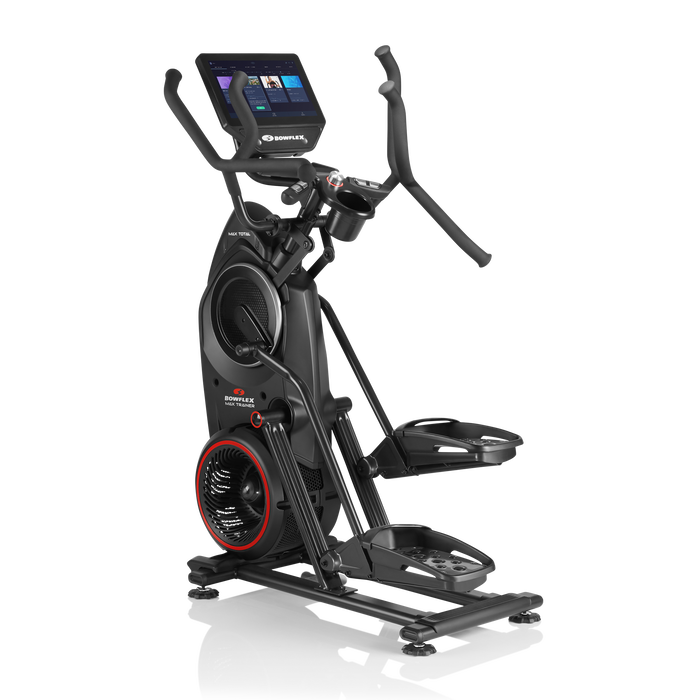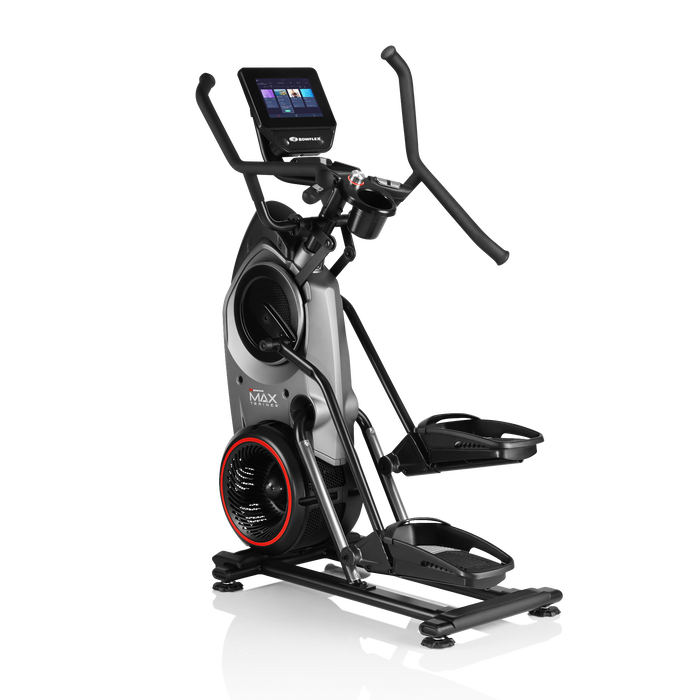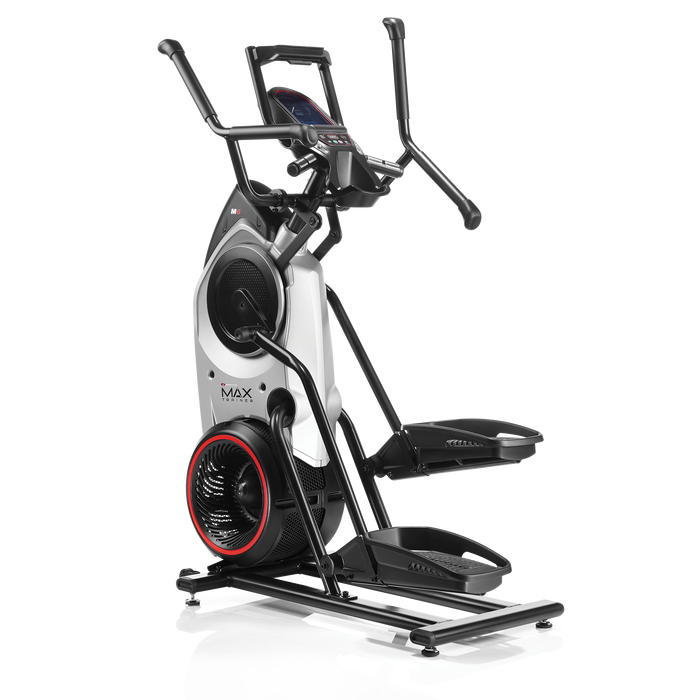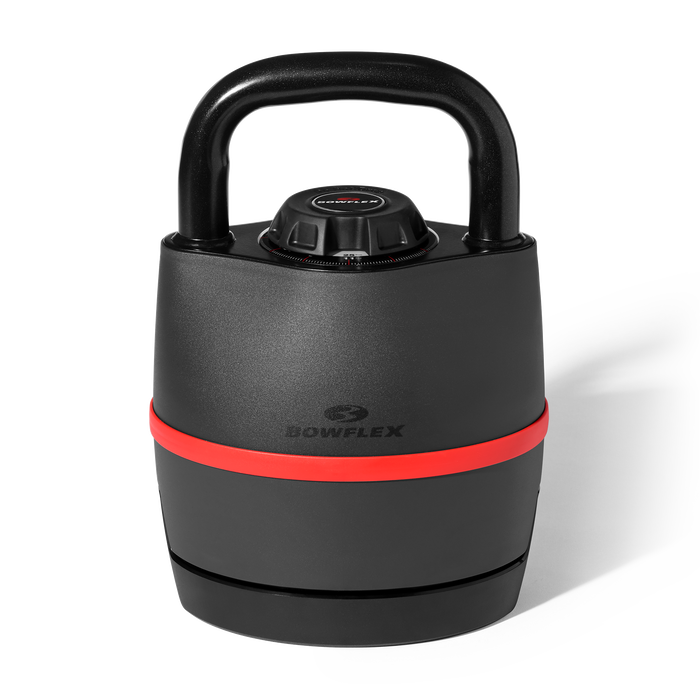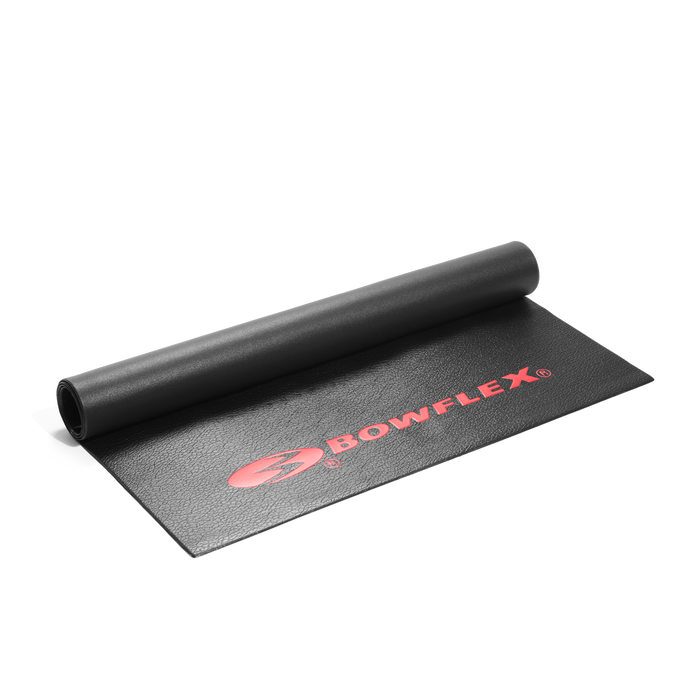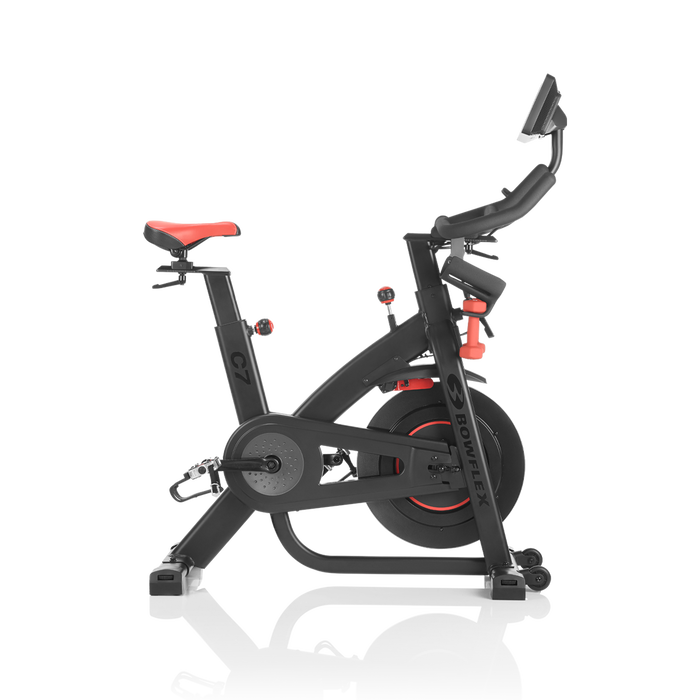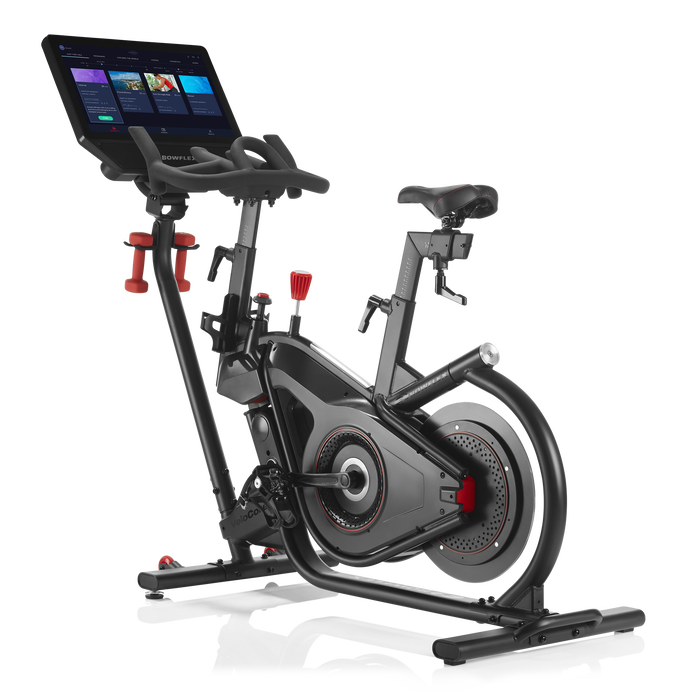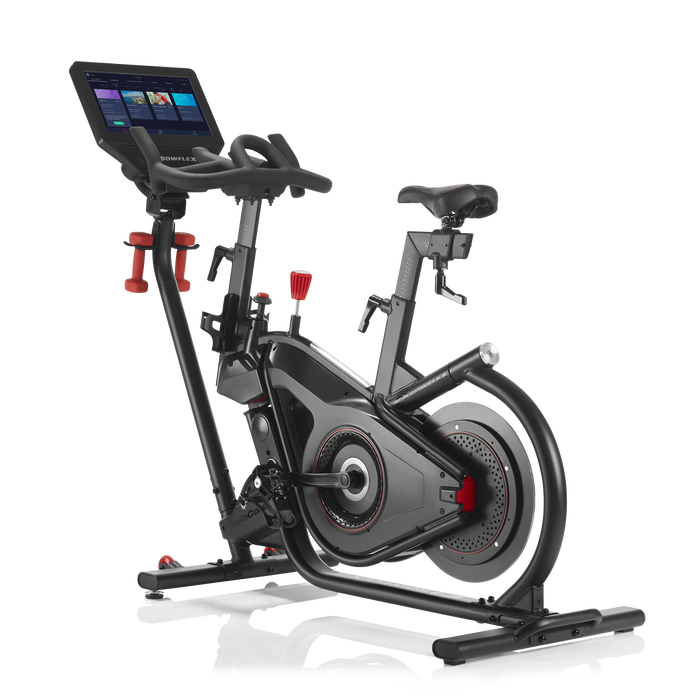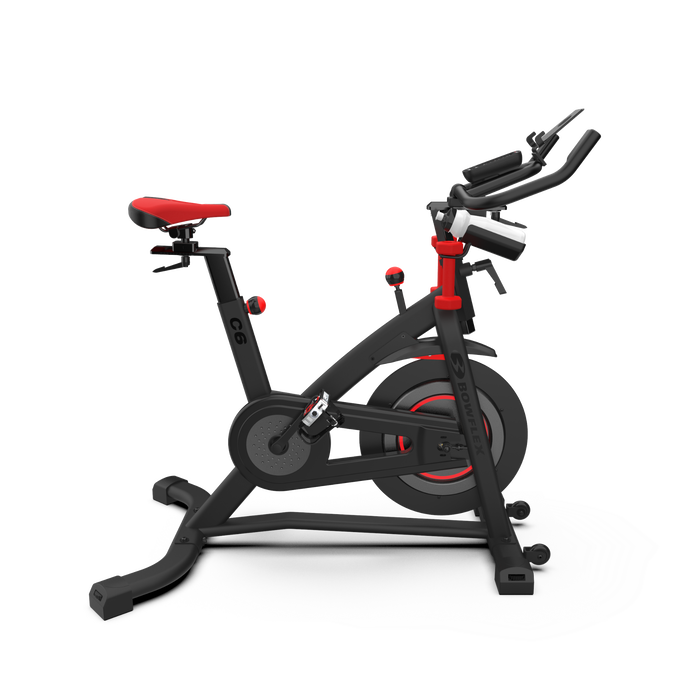Can Beetroot Juice Improve Your Workout?

What is beetroot juice and what can it help with?
The juice of red and golden beets, not to be confused with the sugar beet used to make white table sugar, is packed with beneficial potassium, folate, and nitrates. Research suggests that nitrates from beets, beetroot juice, and leafy greens can enhance cardiovascular exercise and help lower blood pressure, thus improving cardiovascular health. In other words, if you eat and drink enough nitrates, you may be able to exercise harder and tolerate exercise such as running, biking, Max Trainer, and Treadclimber workouts better.
Could you benefit from beetroot juice?
Surprisingly, people who benefit the most from nitrates are everyday exercisers (like you and me!) and not elite athletes. Exercise sessions between 5-30 minutes of both high and moderate intensity cardio can improve.
Beetroot juice is also high in antioxidants, which can help with exercise recovery and reduce muscle soreness. Who doesn’t want that?
The one downfall of drinking a glass of beetroot juice is the calories. Where one cup of cooked beets has just 50 calories and 4g of fiber, an 8oz glass of beetroot juice has 100 calories and no fiber. If you do want to experiment with beetroot juice, try it for 5-7 days and adjust your calorie intake accordingly.
How much do I need to drink (or eat)?
Between 5oz-10oz about 30-45 minutes prior to your exercise session. If you exercise first thing in the morning before breakfast, you could take a shot of beet juice upon wakening.
Whenever I hear about a single nutrient or food’s benefits, such as tart cherry juice or now beetroot juice, I wonder if we could get the same benefit through increasing our whole food consumption of nitrate-rich foods, rather than drinking it in juice form in order to reap all the rewards, including extra fiber and vitamins and minerals that are depleted during the juicing process. Plus, beetroot juice has a strong earthy flavor, not desirable to many people (including me!).
There are plenty of other ways to get your nitrate intake with other vegetables including spinach, arugula, celery, leeks, and collard greens. Eating 1-2 cups per day of a combination of these vegetables or beets will give you enough nitrates to be beneficial.
Bottomline
If you’re looking to increase the intensity or duration of your cardio workouts, giving beetroot juice a try is worth it. But so is increasing intake of nitrates through whole foods.
You may also like
Immune Boosting Feel-Better Fast Foods


